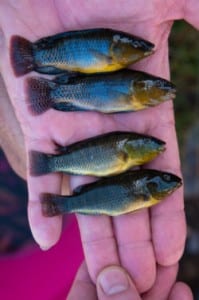2015 UCL and the Wellcome Trust Science Policy Question Time
By ucyow3c, on 2 November 2015
![]() Written by Mr Greg Tinker and Dr Olivia Stevenson (OVPR)
Written by Mr Greg Tinker and Dr Olivia Stevenson (OVPR)
 Five things we learned about the pressures on science in the UK
Five things we learned about the pressures on science in the UK
In advance of the 2015 Comprehensive Spending Review (CSR), an event organised by UCL and the Wellcome Trust, in the style of the BBC’s ever-popular Question Time series, sought to answer some of the most pressing questions facing the science community today.
Graeme Reid, Professor of Science and Research Policy at UCL, stepped into David Dimbleby’s shoes, putting questions from a lively audience of more than 100 people to an expert panel.
The panel included representatives from academia, funding bodies and the media and Professor Reid described their contributions as “brave, quick-thinking and well informed”. But what did we learn from their lively exploration of key science policy issues?
The science community wants to stay in the EU, but can they persuade the public?
Un like the BBC’s Question Time, there was broad consensus among the panel and the audience that Britain’s membership of the EU is vital: for science research; for the growth of knowledge through EU students at UK universities and through world-leading research collaborations and partnerships. But panellist Alun Evans, Chief Executive of the British Academy, sounded a note of caution, suggesting that this debate, like the 2014 Scottish Referendum, won’t be fought on details, such as science funding. While this is “regrettable”, scientists “need to come up with arguments that make a difference to public opinion”.
like the BBC’s Question Time, there was broad consensus among the panel and the audience that Britain’s membership of the EU is vital: for science research; for the growth of knowledge through EU students at UK universities and through world-leading research collaborations and partnerships. But panellist Alun Evans, Chief Executive of the British Academy, sounded a note of caution, suggesting that this debate, like the 2014 Scottish Referendum, won’t be fought on details, such as science funding. While this is “regrettable”, scientists “need to come up with arguments that make a difference to public opinion”.
Universities, or at least their Vice-Chancellors and Provosts, are likely to campaign to remain in the EU ahead of the 2017 referendum. But panel member Adam Smith, Assistant Communities Editor at the Economist, noted that, as institutions seek to fulfil their role as places of debate, will those outside universities accept that they need to be neutral spaces where all arguments can be heard?
 Close
Close



 With 5 November just around the corner, this Lunch Hour Lecture on how fireworks have helped to develop a relationship between science and art from
With 5 November just around the corner, this Lunch Hour Lecture on how fireworks have helped to develop a relationship between science and art from 